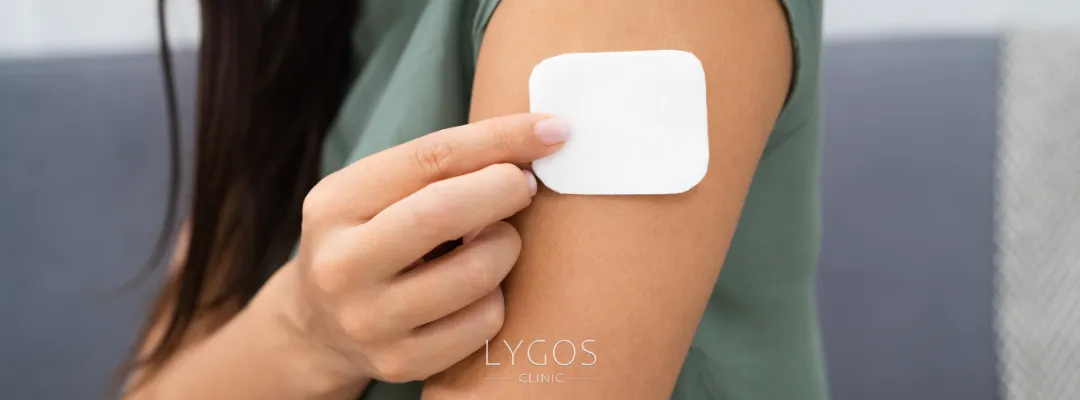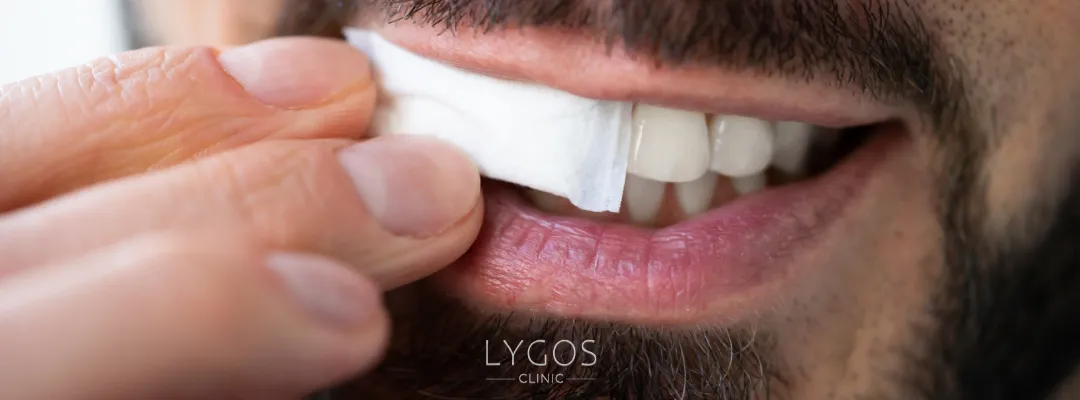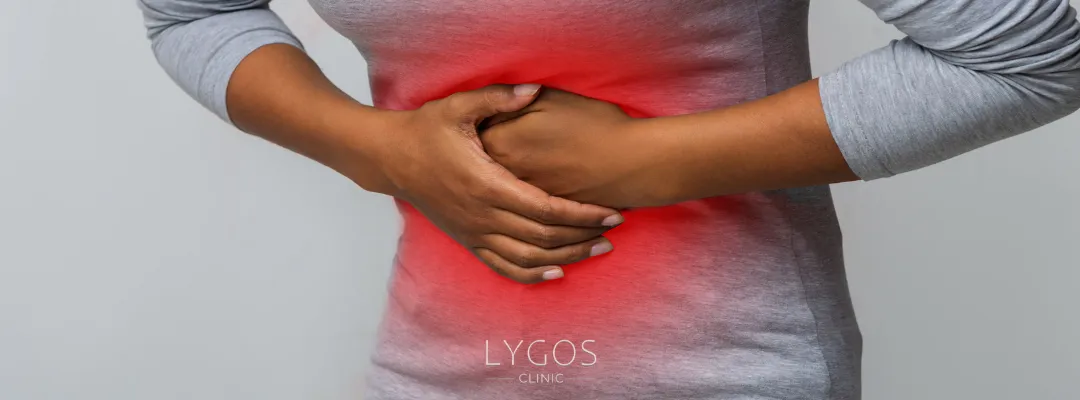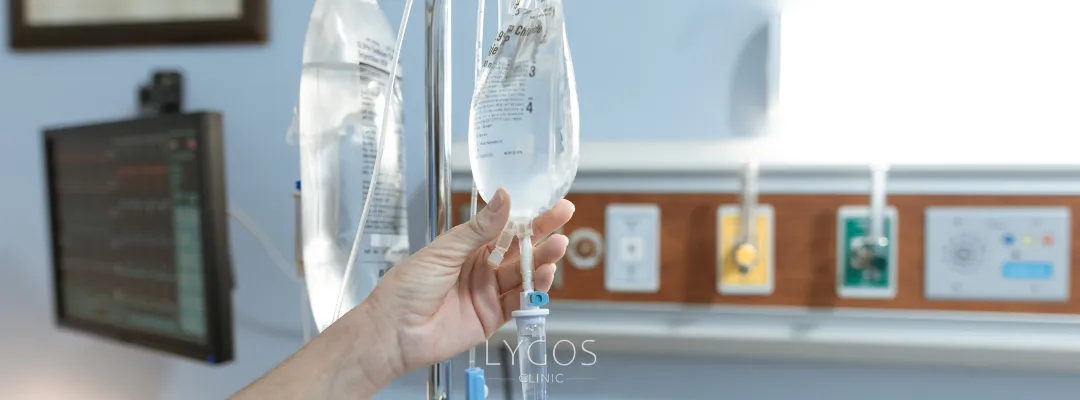Nicotine Poisoning Symptoms | Overdose Treat | LYGOS 2025

Nicotine Poisoning Overdose
Nicotine poisoning is a dangerous condition caused by excessive intake of nicotine. This type of poisoning can result in death if it is serious enough. In particular, this occurs with the consumption of liquid nicotine. Inhalation, ingestion or absorption of nicotine through the skin and eyes can lead to nicotine poisoning. This is most commonly caused by the consumption of liquid nicotine.
In recent years, with the widespread use of electronic cigarettes and liquids, there has been an increase in cases of nicotine poisoning. Although any amount of nicotine carries a potential risk when taken into the body, a certain amount must be consumed orally to reach a level that will usually cause poisoning. Nicotine poisoning poses a serious threat to both health and life. Therefore, it is extremely important to be careful when using nicotine products and especially to store liquid nicotine safely.
What is Nicotine Poisoning?

Nicotine poisoning is a toxic condition that occurs when a certain amount of nicotine is swallowed, inhaled or comes into contact with the skin. This type of poisoning is caused by the ingestion of large amounts of nicotine and can lead to serious health problems or even fatal consequences. This poisoning, which usually occurs by taking nicotine by mouth, was common in the past with the use of nicotine as an insecticide.
However, with the increasing use of electronic cigarettes today, nicotine poisoning has become a problem that attracts attention again. This condition, known as ‘green tobacco disease’, can also occur as a result of the consumption of nicotine-containing plants. In addition, unconscious and excessive consumption of tobacco products can also cause nicotine poisoning. Especially with the popularisation of electronic cigarettes, such cases have become more frequent and once again demonstrated the importance of controlled use of nicotine.
What Causes Nicotine Poisoning?

Nicotine poisoning is a disturbing problem that occurs as a result of nicotine entering the body in different ways. This condition can be given as an answer to the question of what is nicotine poisoning and can lead to serious health problems. Nicotine poisoning is a problem that jeopardises life functions and requires professional medical intervention. Therefore, it cannot be treated at home.
Oral nicotine intake is one of the most common causes of this poisoning. However, contact with large amounts of nicotine through the skin or inhalation of this substance can also cause similar poisoning. Symptoms of intoxication appear quickly after exposure and can occur in the form of a sudden attack. In such a case, the best thing to do is to contact the nearest health institution and seek expert help.
What are the Symptoms of Nicotine Poisoning?

Symptoms of nicotine poisoning can occur rapidly within the first hour after exposure. So, what are the symptoms of nicotine poisoning?
- Excessive saliva production,
- Nausea followed by vomiting,
- Severe pain in the abdomen,
- Dehydration in the body,
- Eye dryness and irritation,
- Loss of appetite,
- Dizziness and headache,
- Tremors and anxiety attacks,
- Blurred consciousness (confusion),
- Intense sweating,
- coughing attacks
- Rapid breathing,
- Rapid heartbeat and increased blood pressure.
Symptoms of nicotine poisoning can occur suddenly and cause intense anxiety. If you are experiencing one or more of these symptoms, you should immediately contact the nearest health institution and seek professional medical help. Nicotine poisoning is a serious condition that requires early intervention.
How is Nicotine Poisoning Treated?

If you or someone close to you is showing symptoms of nicotine poisoning, it is vital that you seek medical attention immediately. It is difficult to give a single answer to the question ‘how is nicotine poisoning treated?’ because the treatment depends on how the nicotine was ingested and the severity of the poisoning. If nicotine was ingested by mouth, the remaining nicotine in the body must be removed.
In this process, emetic treatments can be used. Methods such as gastric lavage or laxatives can be used to remove the poison from the body. When exposed to nicotine through the skin, it is important to wash and clean the contact area thoroughly with plenty of water. If nicotine is inhaled, oxygen therapy is used to support the respiratory system and to reduce the effects of poisoning. Remember, nicotine poisoning is a serious health problem and requires professional medical assistance.



